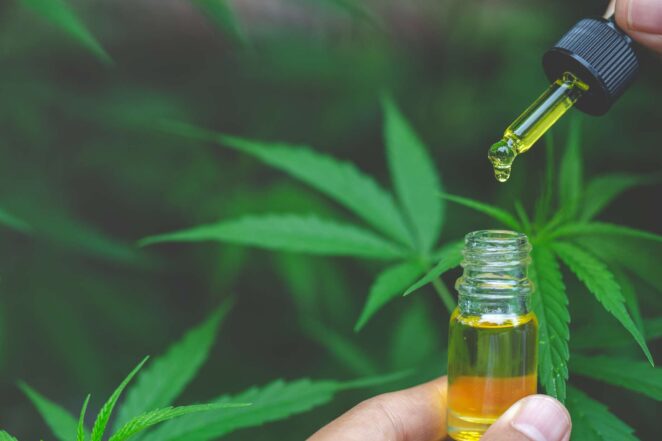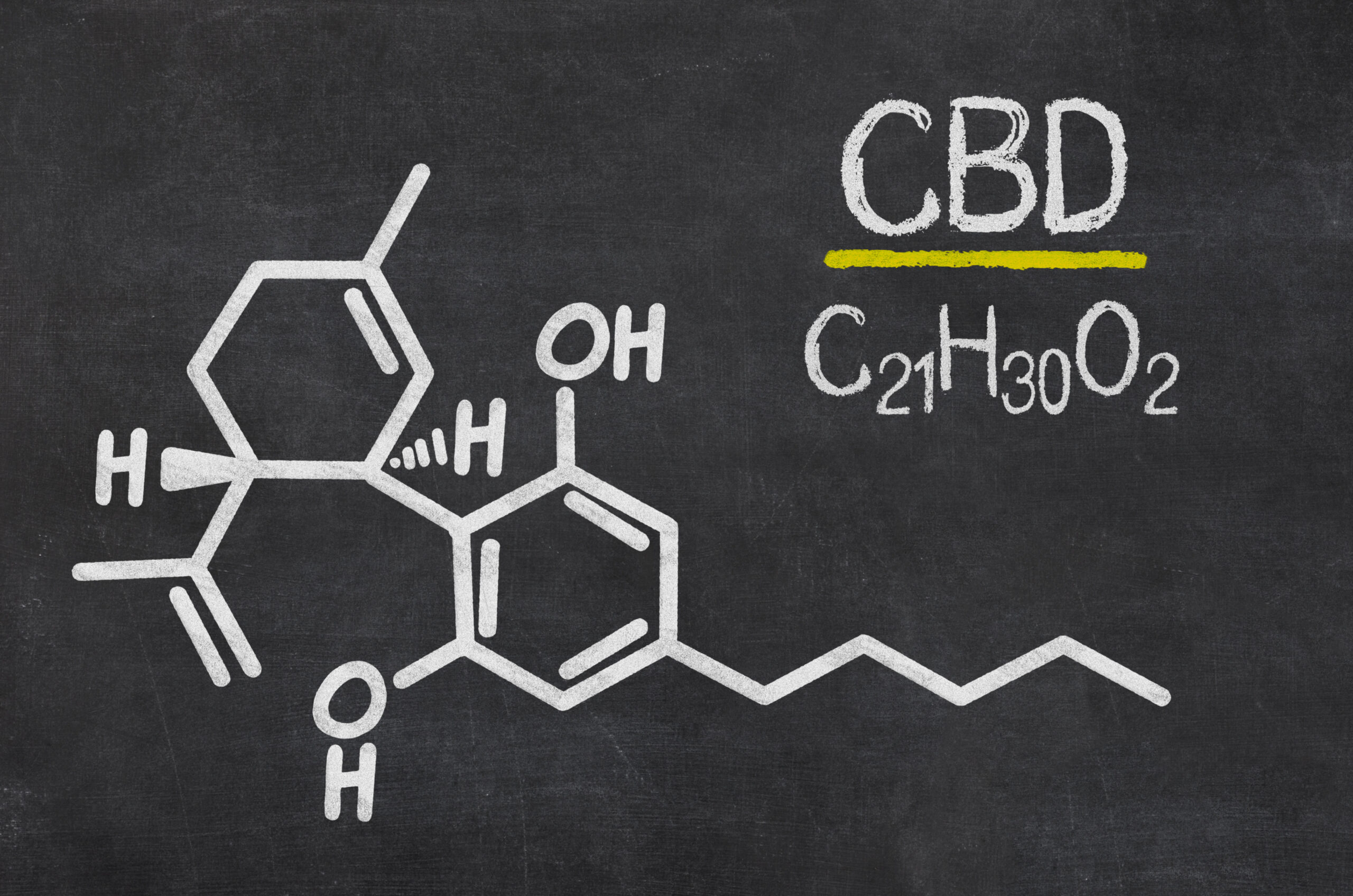In the labyrinth of American regulatory policy, few issues have lingered in limbo as stubbornly as the oversight of cannabidiol (CBD). The U.S. House of Representatives, through a recent Oversight Committee hearing titled “Restoring Trust in FDA: Rooting Out Illicit Products,” has once again thrust the spotlight on the Food and Drug Administration’s (FDA) sluggish approach to regulating CBD. Held on April 9, 2025, the session underscored a growing frustration with the FDA’s inaction, a delay that has left consumers, farmers, and businesses navigating a murky market. This blog dives into the hearing’s revelations, the stakes for CBD action, and why the push for clarity is more urgent than ever.
The 2018 Farm Bill was a watershed moment, legalizing hemp and its derivatives, including CBD, provided they contain less than 0.3% THC. It was hailed as a green light for a burgeoning industry, with projections estimating the U.S. CBD market could reach $16 billion by 2025. Yet, seven years later, the FDA has failed to establish a clear regulatory framework, leaving CBD in a gray zone. The recent House hearing, chaired by Rep. James Comer (R-Ky.), didn’t mince words. Lawmakers accused the FDA of “bureaucratic red tape” and “weak oversight,” arguing that its inaction has fueled a market flooded with unverified products, some posing real risks to consumers.
A Market Adrift in Uncertainty
The absence of FDA action on CBD has created a Wild West scenario. Walk into any gas station or browse CBD online, and you’ll find tinctures, gummies, and even pet treats, often with inconsistent labeling or dubious claims. A 2022 study cited during the hearing revealed a staggering reality: of roughly 3,000 CBD products tested, only 16% contained exactly what their labels promised. Contaminants like heavy metals, mold, and even THC—the psychoactive compound in cannabis—have been found in products marketed as “pure” CBD. This isn’t just a quality control issue; it’s a public health concern. Children have ended up in emergency rooms after consuming mislabeled CBD edibles mistaken for candy, a point Rep. Virginia Foxx (R-N.C.) hammered home.
Jonathan Miller, General Counsel for the U.S. Hemp Roundtable, was a key voice at the hearing. He painted a grim picture: responsible businesses are struggling against a tide of “bad actors” flooding the market with synthetic cannabinoids, some imported from China, that bear little resemblance to hemp-derived CBD. Miller argued that FDA inaction stifles innovation and erodes consumer trust. He’s not wrong. The Brightfield Group estimates that clear regulations could unlock a $5 billion annual economic boost for the hemp industry, from farmers to retailers. Without rules, major players like Coca-Cola and Walgreens hesitate to fully embrace CBD, wary of legal risks.
The FDA’s Hesitation: Safety or Stalling?
Why the delay? The FDA insists it’s about safety. Former Commissioner Robert Califf, speaking at a 2024 hearing, cited concerns like liver toxicity, drug interactions, and risks to vulnerable groups like pregnant women. The agency points to CBD’s complex status: it’s an approved drug (Epidiolex, for epilepsy) but not a legal dietary supplement under the Dietary Supplement Health and Education Act (DSHEA). In January 2023, the FDA doubled down, rejecting existing frameworks and calling for a new regulatory pathway—a move critics like Rep. Lisa McClain (R-Mich.) slammed as a dodge. “The FDA has the authority,” McClain insisted, accusing the agency of chasing “a new regulatory empire” instead of using its existing tools.
The hearing revealed a bipartisan impatience. Rep. Katie Porter (D-Calif.) acknowledged the need for Congressional action but urged the FDA to stop passing the buck. Meanwhile, industry voices like Miller pushed for bills like Oregon Sen. Ron Wyden’s, which would empower the FDA to regulate CBD as a supplement while preserving state autonomy. The FDA’s absence from the April 2025 hearing spoke volumes—its silence interpreted as indifference by stakeholders desperate for direction.

Consumers Caught in the Crossfire
For consumers, the stakes are personal. CBD’s popularity stems from its touted benefits—pain relief, anxiety reduction, better sleep—backed by anecdotal evidence and some studies. A 2023 survey by the Council for Responsible Nutrition found 29% of Americans have tried CBD, with 60% reporting positive effects. Yet, without regulation, buyers roll the dice. Online marketplaces, where CBD sales have skyrocketed, are a minefield. A quick search for “CBD online” yields countless vendors, but how many test for purity? The FDA has issued warning letters to companies making wild claims—like curing cancer—but enforcement is sporadic, targeting only the most egregious offenders.
Paige Figi, a longtime advocate whose late daughter Charlotte inspired the CBD product Charlotte’s Web, has called the delays “unconscionable.” Her testimony, submitted for a 2023 hearing, resonates today: every day without regulation risks consumer safety and undermines legitimate businesses. The economic toll is equally stark. Hemp farmers, once buoyed by CBD’s promise, face collapsing prices—down 90% since 2018—due to oversupply and regulatory uncertainty. Small operators are folding, unable to compete in a market where trust is scarce.
A Path Forward: Hope or Hype?
The April 2025 hearing wasn’t just a venting session; it signaled momentum. Lawmakers referenced bipartisan interest in breaking the logjam, with proposals like H.R. 1628 and H.R. 1629, which would direct the FDA to treat CBD as a dietary supplement. Miller expressed cautious optimism about new FDA leadership under Commissioner Martin A. Makary, hoping for a shift from past inertia. Yet, the agency’s track record tempers expectations. Since its first CBD hearing in 2019, the FDA has collected reams of data—over 140 testimonies, thousands of public comments—but produced no actionable rules.
The hearing also highlighted a broader issue: the FDA’s struggle to keep pace with innovation. Intoxicating hemp derivatives like delta-8 THC, synthesized from CBD, have exploded, exploiting the same regulatory void. Chairman Comer linked this to weak coordination with agencies like U.S. Customs and Border Protection, allowing illicit products to flood markets. The solution, many argue, lies in leveraging existing FDA powers—labeling standards, contaminant testing, age restrictions—while Congress clarifies CBD’s legal status.
The Clock Is Ticking
As the dust settles from the House hearing, one thing is clear: the status quo isn’t sustainable. The CBD industry, once a beacon of economic and therapeutic promise, teeters on the edge. Consumers deserve safe, reliable products, whether they’re browsing CBD online or picking up a bottle at a local shop. Farmers and businesses need stability to thrive, not a patchwork of state laws and federal ambiguity. The FDA’s call for a “new pathway” feels like a stalling tactic when tools like DSHEA enforcement could provide immediate relief.
The Oversight Committee’s renewed push for FDA action on CBD is a wake-up call. It’s not just about regulating a compound; it’s about restoring trust in a system that’s faltered too long. With bipartisan support and mounting public pressure, 2025 could be the year CBD finally finds its footing—or risks slipping further into chaos. The ball is in the FDA’s court, and America is watching.
Discover NanoHempTechLabs, your premier source for cutting-edge CBD wholesale products! Amid the FDA’s ongoing delays in regulating CBD, our nano-emulsified cannabinoids offer unmatched bioavailability, stability, and purity, perfect for beverages, edibles, and topicals. With the market projected to hit $16 billion by 2025, now’s the time to elevate your brand with our rigorously tested, water-soluble CBD solutions. Don’t navigate the regulatory haze alone—partner with us to deliver safe, innovative products that consumers trust. Schedule a call today to explore how NanoHempTechLabs can boost your business!
Reference:
- Bhamra, S., Desai, A., Imani‐Berendjestanki, P., & Horgan, M. (2021). The emerging role of cannabidiol (cbd) products; a survey exploring the public’s use and perceptions of cbd. Phytotherapy Research, 35(10), 5734-5740. https://doi.org/10.1002/ptr.7232
- Domingos, L., Silva, N., Filho, A., Sales, A., Starnawska, A., & Joca, S. (2022). Regulation of dna methylation by cannabidiol and its implications for psychiatry: new insights from in vivo and in silico models. Genes, 13(11), 2165. https://doi.org/10.3390/genes13112165
- Johnson, M. and Wallace, J. (2021). Genomic and chemical diversity of commercially available high-cbd industrial hemp accessions. Frontiers in Genetics, 12. https://doi.org/10.3389/fgene.2021.682475





